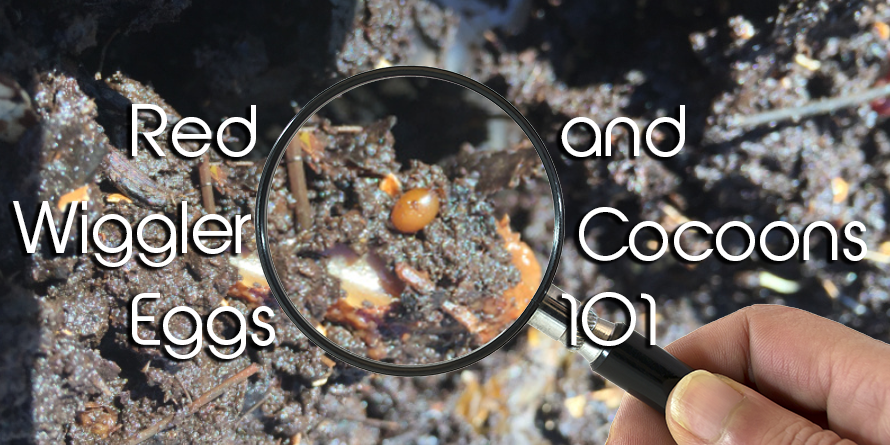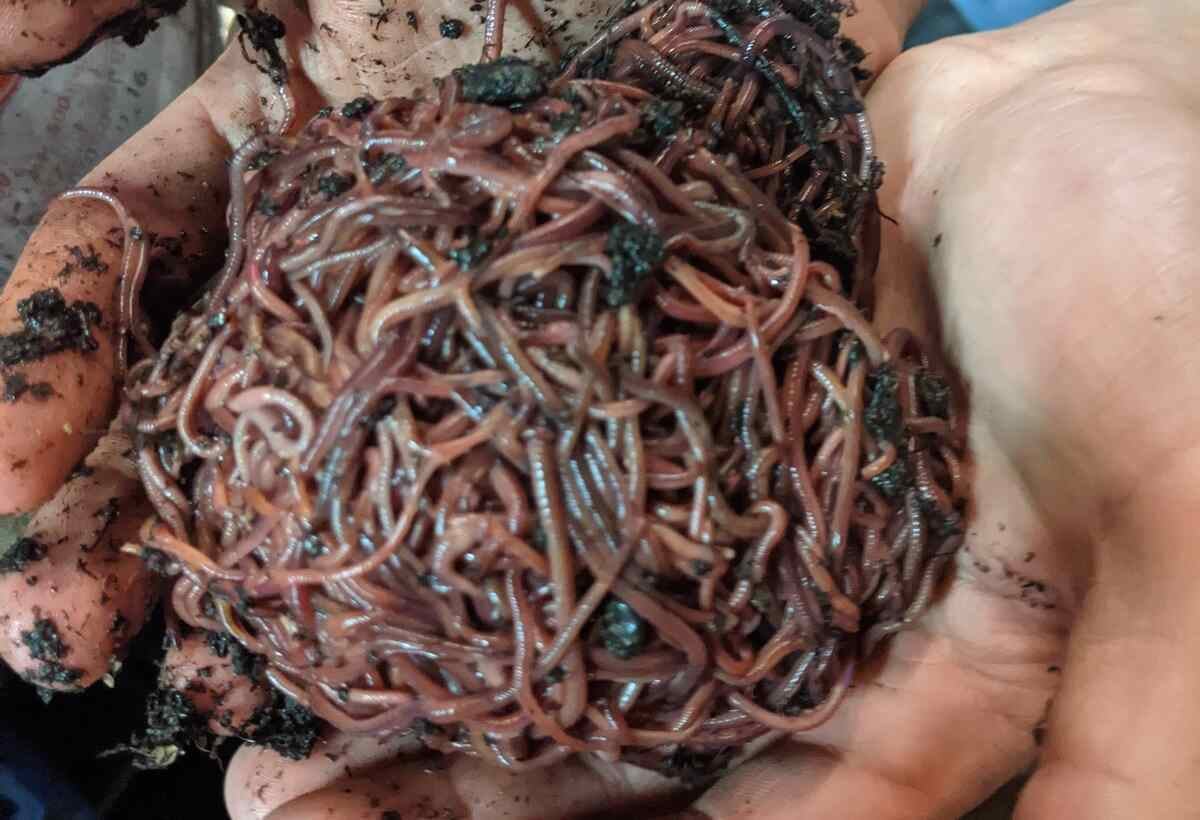Keep Your Lawn Green and Healthy with Expert Advice from Lake Hickory Bait
Keep Your Lawn Green and Healthy with Expert Advice from Lake Hickory Bait
Blog Article
Unlock the Secrets of Red Wigglers: Your Guide to Composting Success
The combination of red wigglers into composting practices presents a significant opportunity for enhancing soil wellness and advertising sustainability. These microorganisms are not just effective recyclers of organic waste; they provide a myriad of benefits that can transform garden monitoring. Recognizing their requirements and behaviors is important for enhancing their potential, from establishing an appropriate worm container to feeding them the ideal products. As we explore the important components of effective vermicomposting, one may question how these tiny animals can cause a more vibrant and effective yard community.

What Are Red Wigglers?
(Red Wiggler Express)Red wigglers, clinically referred to as Eisenia fetida, are a types of earthworm mainly made use of in composting because of their remarkable capability to decompose natural matter effectively. These worms are characterized by their reddish-brown pigmentation and a fractional body, usually measuring in between 3 to 4 inches in size. Unlike other earthworm varieties, red wigglers thrive in abundant, natural atmospheres, making them excellent for vermicomposting systems.
Belonging To The United States And copyright, they are frequently found in rotting leaves and compost heaps, where they play a vital role in nutrient recycling. Their adaptation to staying in a moist, cardiovascular setting enables them to consume big amounts of natural waste, simplifying into nutrient-rich spreadings that boost soil health and wellness.
Red wigglers replicate quickly, with a solitary worm qualified of creating a number of cocoons each week, each consisting of numerous hatchlings. Recognizing the biology and actions of red wigglers is crucial for optimizing their possibility in composting applications.
Benefits of Making Use Of Red Wigglers
Using the power of red wigglers in composting supplies countless advantages that boost dirt health and wellness and promote sustainable waste management. These remarkable microorganisms successfully damage down natural matter, transforming cooking area scraps and backyard waste right into nutrient-rich vermicompost. This completed product is exceptionally advantageous for plant development, as it boosts dirt structure, increases dampness retention, and improves nutrition availability.

(Red Wiggler Express)In addition, the existence of red wigglers in your composting system can accelerate the composting procedure, producing high-grade garden compost in a fraction of the moment compared to typical techniques. The spreadings created by these worms are additionally bursting with advantageous microbes that even more improve the soil ecological community.
Establishing Your Worm Bin
Producing an effective worm bin is an uncomplicated process that can dramatically improve your composting initiatives. The very first step is picking a suitable container. Worm bins can be made from plastic storage space bins, wooden boxes, or commercially available worm bins. Make certain the container has appropriate drain and ventilation holes to keep optimal wetness degrees and airflow.
Next, prepare the bed linen product, which works as the worms' habitat. A mix of shredded newspaper, cardboard, and coconut coir works well, supplying a comfy setting for the worms. Go for a bedding depth of regarding 4-6 inches. Dampen the bed linens gently, guaranteeing it appears like a damp sponge without excess water pooling at the bottom.

Feeding Your Red Wigglers
To guarantee the wellness and efficiency of your red wigglers, it is vital to provide them with a well balanced diet that fulfills their nutritional demands. Red wigglers prosper on a diverse variety of organic products, which not only Lake Rhodhiss Bait supply necessary nutrients however also advertise efficient composting.
Begin by incorporating kitchen area scraps such as vegetable peels, fruit cores, and coffee grounds. Stay clear of citrus fruits, onions, and garlic, as these can be harmful to worm wellness. Furthermore, present shredded paper, cardboard, and dry fallen leaves to develop a well-aerated atmosphere.
Feeding regularity should be kept an eye on; generally, worms can take in half their body weight in food weekly. It is crucial to prevent overfeeding, as excess food can bring about unpleasant odors and bring in pests. A great technique is to add food in little amounts, permitting worms to refine it prior to introducing a lot more.
Keeping dampness levels is additionally vital; the bed linen must be damp but not soggy. Be sure to consistently examine the temperature and pH levels of the bin to guarantee an ideal atmosphere for your red wigglers, inevitably boosting their composting performance.
Harvesting and Making Use Of Garden Compost
An effective composting procedure with red wigglers finishes in the rich, dark compost recognized as vermicompost, which can dramatically improve soil health and plant development. Gathering this nutrient-dense material generally occurs every 3 to six months, depending on the dimension of your system and the amount of organic issue being processed.
To harvest, delicately separate the compost from the worms and any kind of undecomposed materials. One reliable technique involves relocating the components of the bin away and adding fresh bedding and food to the empty space, urging the worms to migrate. After a couple of days, the compost can be accumulated from the opposite side.
It is essential to use vermicompost appropriately to maximize its benefits. By integrating vermicompost right into your gardening program, you not just reuse organic waste however additionally develop a flourishing environment that sustains sustainable gardening methods.
Verdict
In recap, red wigglers offer as phenomenal allies in composting initiatives, changing organic waste right into nutrient-rich vermicompost. By comprehending the optimal conditions for their habitat, feeding requirements, and garden compost harvesting strategies, garden enthusiasts can improve soil health and wellness and promote plant vitality.
Report this page